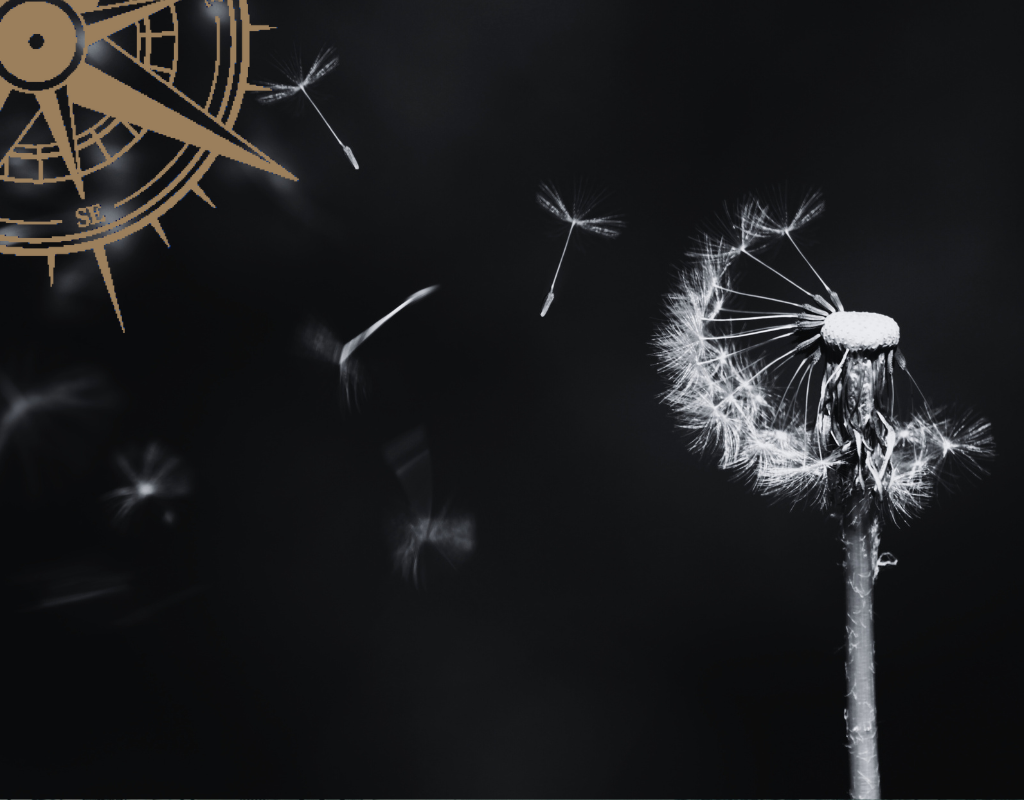“[Man] is always becoming a new being and undergoing a process of loss and reparation, which affects his soul as well. No man’s character, habits, opinions, desires, pleasures, pains, and fears remain the same; new ones come into existence, and old ones disappear.”
Heraclitus
Oh, the wisdom in this one statement.
Grow Yourself To Grow Your Business
Smash through growth ceilings,
again and again to new heights
in business, leadership and life.
Human beings are never static.
Yes, never.
Our pleasures, pains, and fears are in a state of transformation.
Even our opinions, thoughts and desires.
It is the reality of your human psychology.
You know this because your brain is malleable, continually influenced by new experiences and learning.
You can change habits, learn new skills, and adapt to new environments, no matter who you are, your age, or your life experience.
If life is continually transforming, why are there times in life when it is hard to change?
This is the paradox of life.
We are biologically equipped to adapt and evolve. Our brains have neuroplasticity.
But yet we have a resistance to change. Despite this inherent adaptability, we, at times, don’t want to change.
We seek stability and predictability over uncertainty.
We desire a sense of safety and security.
We want to cling to our current identities even if they’re not who we want to be anymore, fearing that change could lead to loss or uncertainty.
Biologically, our brains conserve energy by relying on established neural pathways, making the formation of new paths—which is necessary for change—more energy-intensive and initially challenging.
And we don’t have the energy to change.
Why, if we are naturally predisposed to change, do we often find it so hard to do?
One part is loss aversion.
Loss aversion is a psychological phenomenon. It is the tendency for people to prefer avoiding losses to acquiring equivalent gains.
The theory suggests that the pain of losing is psychologically more impactful than the pleasure of gaining the same amount.
As loss looms larger in the mind, larger than gains, it affects business and life.
A client springs to mind, they have great income in their current business, and to move into a new version of business, there is the pain of losing the current income, but they aren’t seeing the fullfilment on the other side.
The perception of loss aversion can lead individuals to make choices that avoid losses rather than optimise for potential gains.
Imagine it to be like…
The influence of loss aversion extends beyond economics; it plays a significant role in areas such as risk assessment, politics, and health-related decision-making.
Understanding this bias helps explain why people might act irrationally when faced with potential losses, even when those losses are hypothetical or the gains could outweigh them.
Tanya x
Leadership Coach & Master Certified Demartini Method Facilitator
BAppSoSc (Counselling)
P.S. If you feel the momentum building, and you’re ready to take your coaching business to new heights, join us in Maximum Growth Academy here.
